Greece’s Prime Minister Kyriakos Mitsotakis announced an agreement for Chinese state-owned shipping firm COSCO to invest and expand the Port of Piraeus into Europe’s largest port.
Chinese leader Xi Jinping and his wife landed in Athens on Nov. 10 for a state visit between the countries. The visit culminated with the signing of an agreement for China Ocean Shipping Company (COSCO) to invest $660 million into Greece’s largest port as a European and African hub for China’s “One Belt, One Road” (OBOR, also known as Belt and Road) initiative.
COSCO inked a 35-year concession to upgrade and run the Piraeus Container Terminal piers situated in the Saronic Gulf during the first Greek financial crisis in 2009. The company then gained a 51% majority stake in 2016 as part of three Greek bailouts by international creditors that have amounted to $359 billion.
Prior port funding came from the Chinese regime contributing $1.3 billion in tax subsidies for COSCO to remake Piraeus into Europe’s seventh biggest port, according to shipping-research organization Alphaliner. China financing for the new deal was not disclosed, but the European Investment Bank has agreed to help fund the Piraeus Port project with a $154 million loan.
Shipping Minister Yiannis Plakiotakis revealed details of the deal in a Nov. 15 keynote speech at the 2019 Thessaloniki Summit organized by the Federation of Industries of northern Greece. He stated that in addition to COSCO’s port renovation, “investments in Piraeus are the key that will unlock future investments over the coming period.”
Xi Jinping stated on Nov. 11 that China would sign 16 agreements to expand its investments in Greece’s energy, transportation and banking sectors.
The State Grid of China already owns a minority stake in Greece’s power grid operator ADMIE and has expressed interest in taking part in ADMIE’s $1.1 billion proposal to build an undersea power cable to link the island of Crete to the mainland by 2023.
The Bank of China Europe set up a branch in Athens on Nov. 1, and Bank of Greece Chairman Yannis Stournaras recently met with Industrial and Commercial Bank of China—the biggest bank in the world with $338 billion in assets—about opening a Greek branch.
The 28-nation European Union for the first 9 months of 2019 had a small trade deficit of about $29.9 billion on about $1.5 trillion in trade. But the EU trade deficit with China hit $145.5 billion through September 2019, up $14.4 billion from the same period in 2018.
The United States and the European Union have expressed concerns that China’s increasing presence in Greece, a NATO member, could become economically coercive.
U.S. Secretary of State Mike Pompeo has not commented on the Greek port deal, but he emphasized in a speech at Houston’s Rice University on Nov. 15 that Beijing’s treatment of Hong Kong protestors is a prime example of how China fails to keep its promises.
Pompeo partially blamed Washington for not confronting the Chinese communist regime sooner and allowing it to increasingly flex its global economic and political muscles. Pompeo stated the United States is in a longer-term and necessary recalibration of how to respond to Beijing. He stressed: “It’s about articulating a series of facts going forward.”
Chriss Street is an expert in macroeconomics, technology, and national security. He has served as CEO of several companies and is an active writer with more than 1,500 publications. He also regularly provides strategy lectures to graduate students at top Southern California universities.
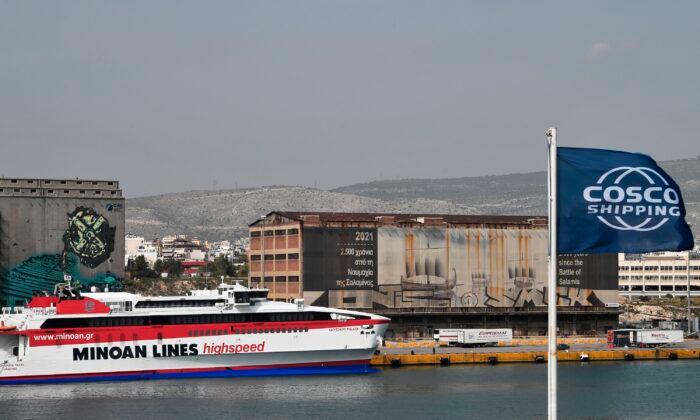
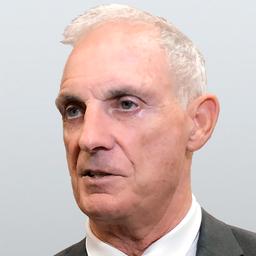

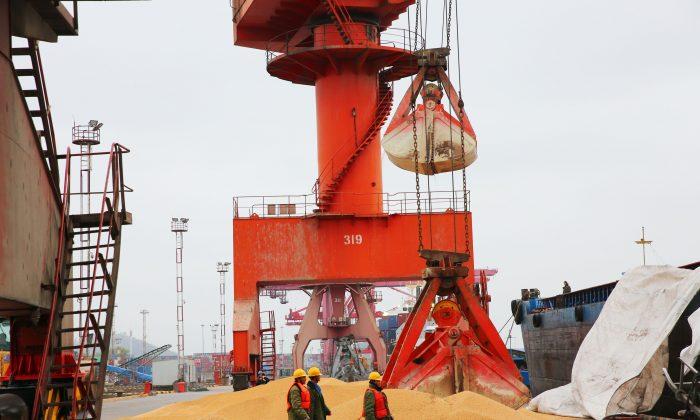
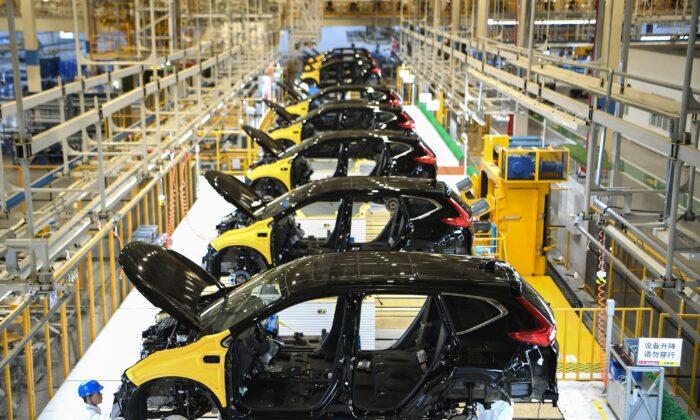
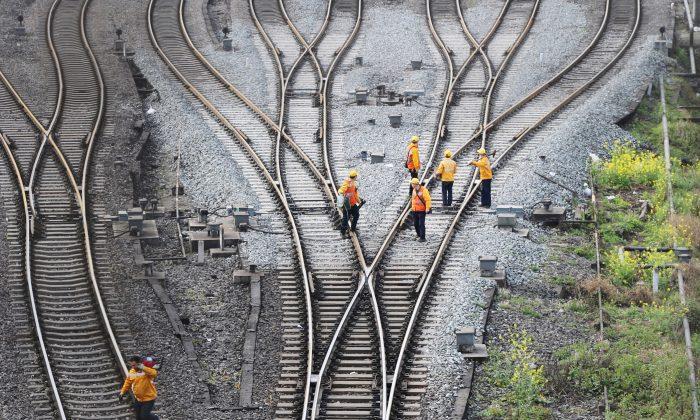
Friends Read Free